Is vehicle fuel allowance subject to personal income tax in Vietnam?
Is vehicle fuel allowance subject to personal income tax in Vietnam?
Vehicle fuel allowance is a small amount that a company or business provides to support an employee to some extent. This allowance is not mandatory and, if provided, should be clearly stated in the employment contract between the company and the employee.
According to point b, clause 2, Article 2 of Circular 111/2013/TT-BTC amended by clause 1, Article 11 of Circular 92/2015/TT-BTC which regulate allowances and subsidies of a salary nature are subject to personal income tax as follows:
Taxable Income
According to Article 3 of the Law on Personal Income Tax and Article 3 of Decree No. 65/2013/ND-CP, taxable personal income includes:
1. Business Income
Business income is the income derived from production, and business activities in the following fields:
a) Income from producing, trading goods, services in all industries, business sectors as provided by law such as: production, trading of goods; construction; transportation; food services; service business, including services for rent of housing, land use rights, water surfaces, and other assets.
b) Income from independent professional practice of an individual in fields, professions licensed or certified by law.
c) Income from agricultural, forestry production, salt production, aquaculture, and aquatic product catching activities that do not meet the conditions for tax exemption guided at point e, clause 1, Article 3 of this Circular.
2. Income from Salary, Wages
Income from salary, wages refers to the income an employee receives from the employer, including:
a) Salary, wages and payments of similar nature under various forms of cash or non-cash.
b) Allowances and subsidies, except for the following allowances and subsidies:
b.1) Monthly preferential subsidies and one-time subsidies as per laws regarding benefits for individuals who contributed to national service.
b.2) Monthly and one-time allowances for those involved in national resistance, national defense, performing international tasks, volunteer youth who have completed missions.
b.3) National defense and security allowances; benefits to armed forces.
b.4) Hazardous allowances for sectors, jobs, or work with harmful, dangerous factors.
b.5) Attraction allowances, regional allowances.
b.6) Unexpected difficulty allowances, work-related accident, occupational disease allowances, one-time maternity, adoption benefits, recovery benefits post-maternity, benefits for reduced labor ability, retirement one-time allowance, monthly survivor benefits, severance allowances, job loss allowances, unemployment support and other benefits as per the Labor Code and Social Insurance Law.
b.7) Social protection allowances for legally protected entities.
b.8) Special allowances for senior leaders.
b.9) One-time allowances for individuals relocating to regions with special socio-economic difficulties, one-time support for officials dealing with sovereignty over seas and islands as per legal regulations. One-time regional transfer allowances for foreigners residing in Vietnam, Vietnamese going abroad to work, and Vietnamese residing long-term abroad returning to Vietnam for work.
b.10) Allowances for village, communal medical staff.
b.11) Special industry allowances.
Allowances and subsidies, and the non-taxable allowance levels as guided at point b, clause 2, of this Article must be specified by a competent State agency.
If guidance documents on allowances and subsidies, and applicable allowance levels for the State sector exist, other economic sectors and business entities shall base on these allowances and subsidy lists and levels for the State sector to deduct.
If the received allowance, subsidy exceeds the prescribed guidance levels, the excess amount must be included in taxable income.
Particularly, regional transfer allowances for foreigners residing in Vietnam and Vietnamese abroad are deductible according to the employment contract or collective labor agreement.
...
The fuel allowance is not exempt from taxable salary and wage allowances.
Additionally, under Article 3 of Circular 111/2013/TT-BTC amended by Circular 92/2015/TT-BTC, the vehicle fuel allowance is also not among the personal income tax (PIT) exempted items.
Thus, according to the above regulations, the company paying the vehicle fuel allowance will not incur personal income tax.
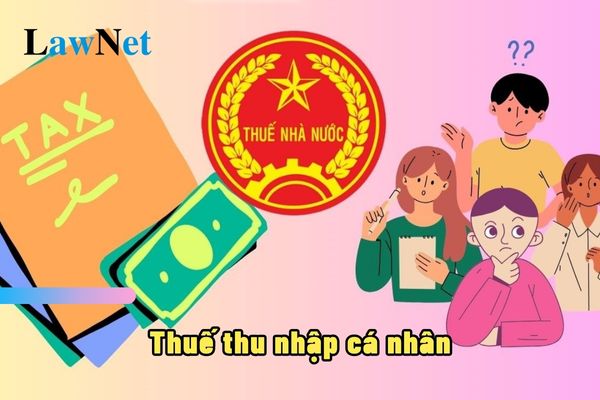
Is vehicle fuel allowance subject to personal income tax in Vietnam? (Image from the Internet)
Is fuel allowance paid to employees deductible from corporate income tax in Vietnam?
According to guidance in Official Dispatch No. 5808/CT-TTHT, it is clear that if a company pays a travel allowance (fuel) monthly on the payroll to an employee, then the company must include it in the taxable PIT income from salary, wages of the employee for PIT calculation according to regulations.
Thus, it can be seen that the fuel allowance for employees must be subject to PIT in accordance with the law.
Furthermore, under clause 1, point 2.6, clause 2, Article 6 of Circular 78/2014/TT-BTC, amended at Article 4 of Circular 96/2015/TT-BTC, the fuel allowance paid by the company monthly to employees will be deductible from corporate income tax if the following conditions are met:
- The actual expenses incurred in relation to the production, business activities of the enterprise;
- The expenses have valid invoices and documents as prescribed by law (in such case, the company needs to specify detailed payroll payments for employees regarding the fuel allowance paid to employees);
- For expenses with each purchase transaction from 20 million VND and above (including VAT), the payment must be supported by non-cash payment documents;
- The fuel allowance given to employees must be specifically recorded in the following documents: Employment contract; Collective labor agreement; Financial regulations of the Company, Corporation, or Group; Reward regulations as determined by the Chairman of the Board, General Director, Director under the financial regulations of the Company, Corporation.
In conclusion, the fuel allowance paid to employees is considered deductible when calculating corporate income tax.
What to handle overpaid tax in Vietnam?
According to clause 2, Article 8 of the Law on Personal Income Tax 2007, regarding tax administration and tax refund as follows:
Tax administration and Refund
1. Taxpayer registration, declaration, tax deduction, tax payment, tax finalization, tax refund, handling of tax law violations, and Tax administration measures shall be implemented as per tax administration legislation.
2. Individuals are entitled to tax refunds in the following cases:
a) The amount of tax paid is greater than the payable tax amount;
b) The individual has paid taxes but the taxable income is below the tax threshold;
c) Other cases as decided by a competent government agency.
Thus, according to the regulations, excess personal income tax payment will be refunded.
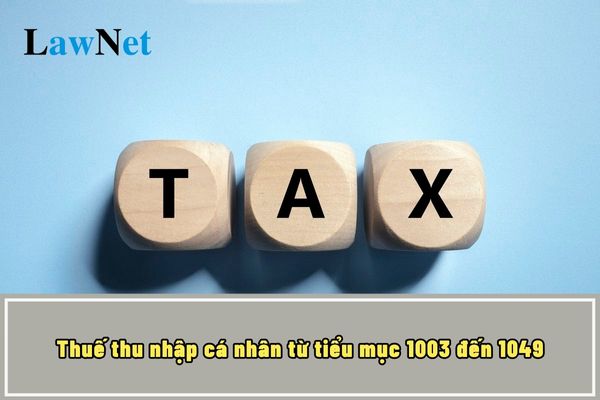
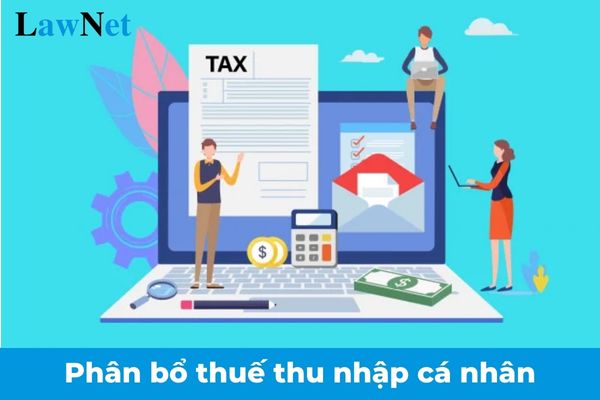
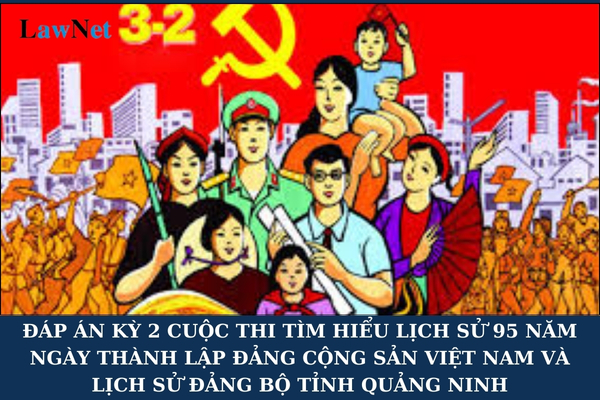
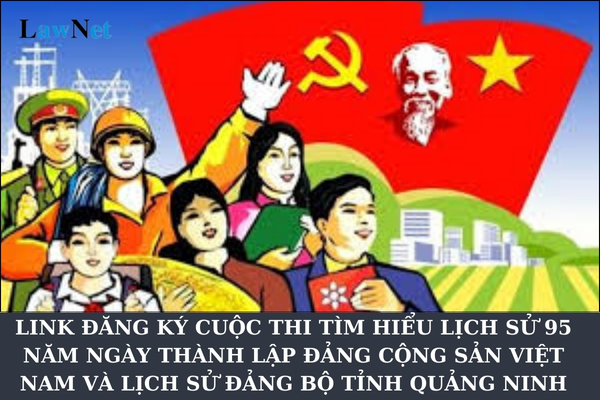
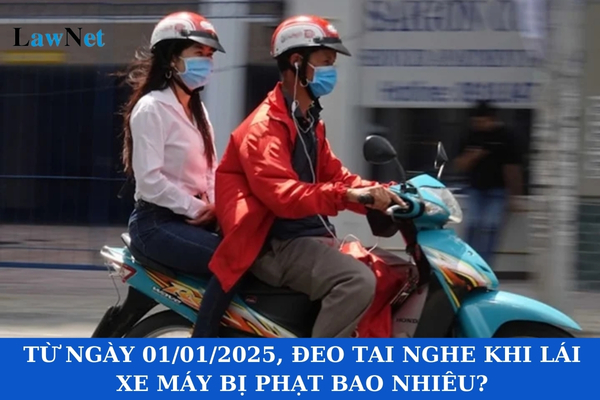

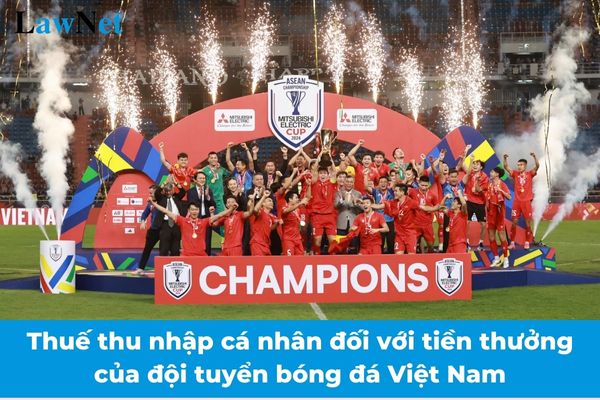
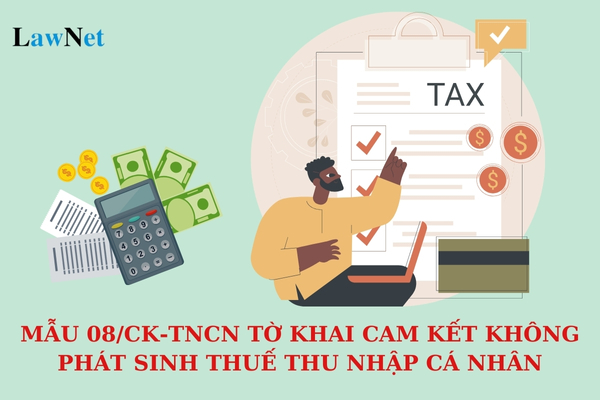
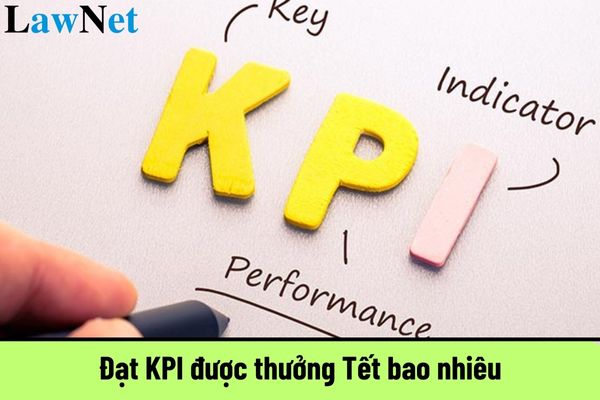
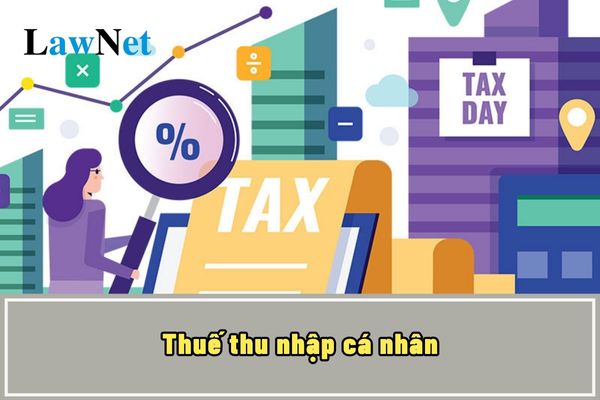
- How to calculate benefits for Vietnamese tax officials retiring early in 2025?
- Which goods and services are subject to a 5% VAT rate in Vietnam from July 1, 2025?
- Vietnam: What is the Latest Law on Severance tax in 2025?
- What is the licensing fee for household businesses iv in 2025? What are exemption cases of the licensing fee for household businesses in Vietnam in 2025?
- What is the transfer price for income from capital transfer in Vietnam?
- What is the method of e-transaction between taxpayers and the tax authority in Vietnam?
- When are the branches and representative offices of an enterprise issued a 13-digit TIN in Vietnam according to Circular 86?
- What acts are considered tax evasion in Vietnam in 2025?
- What is the guidance on issuing an invoice when returning goods in Vietnam under Decree 123?
- Is personal income tax payable when receiving a gift in the form of call options on shares in Vietnam?

